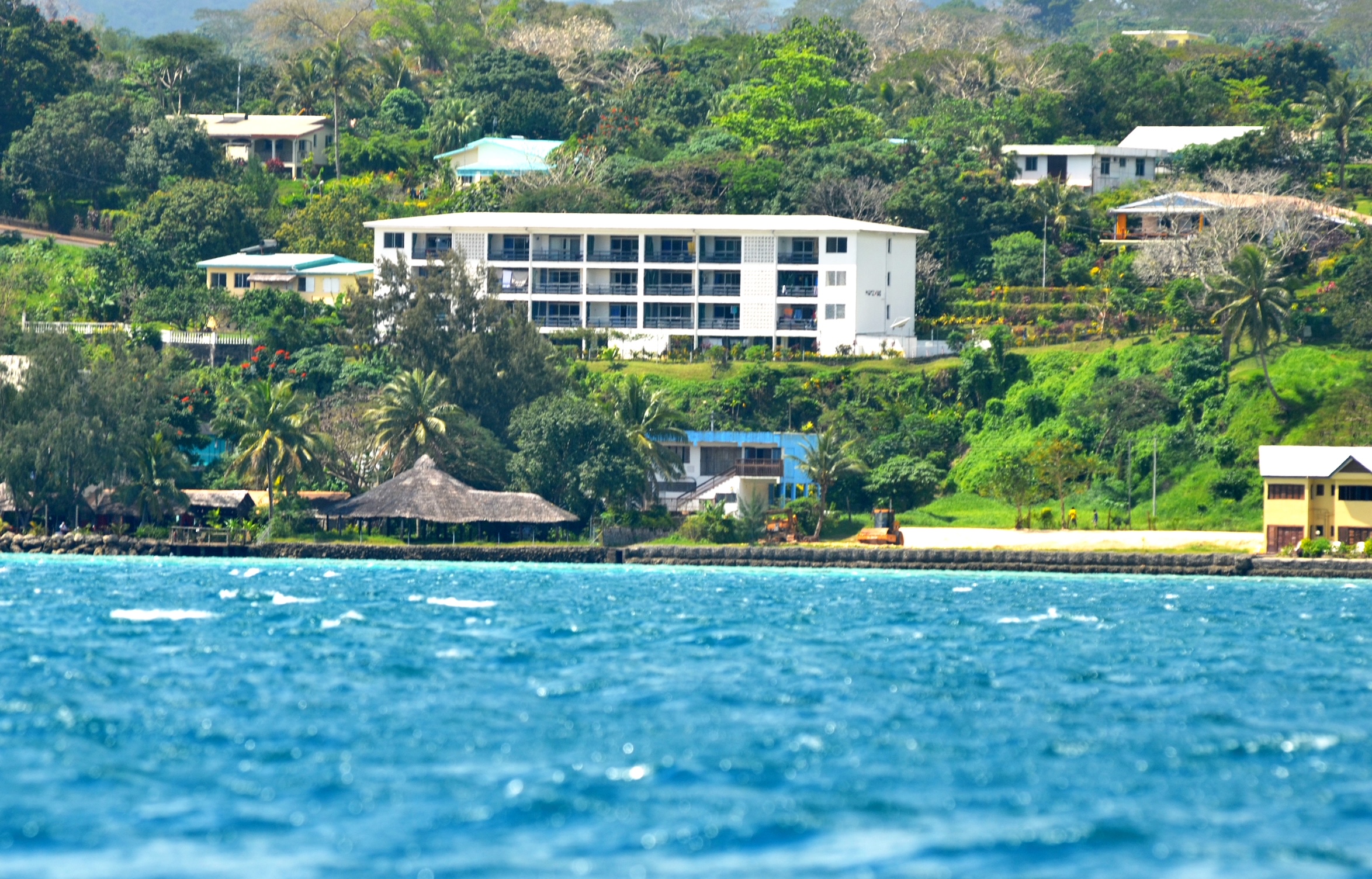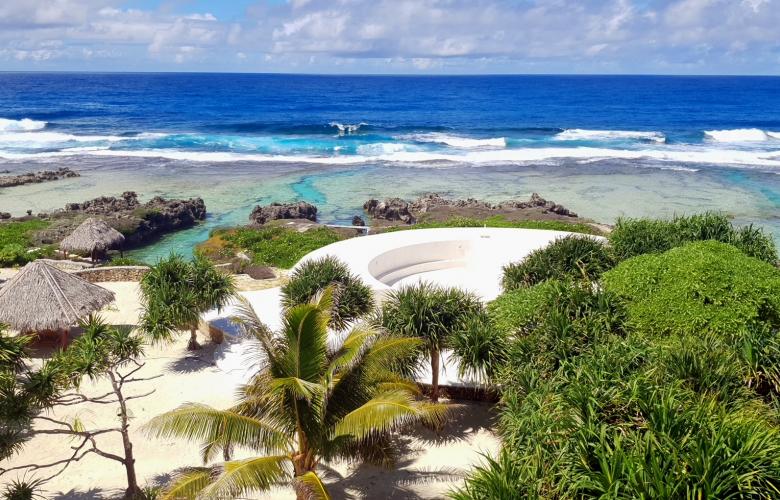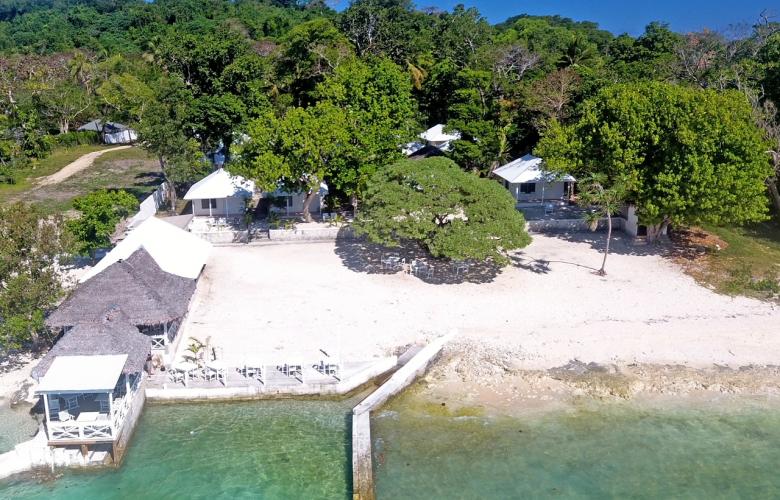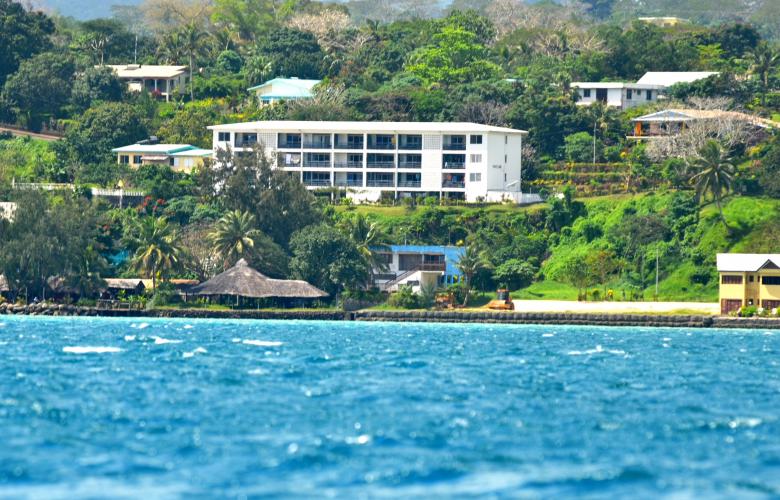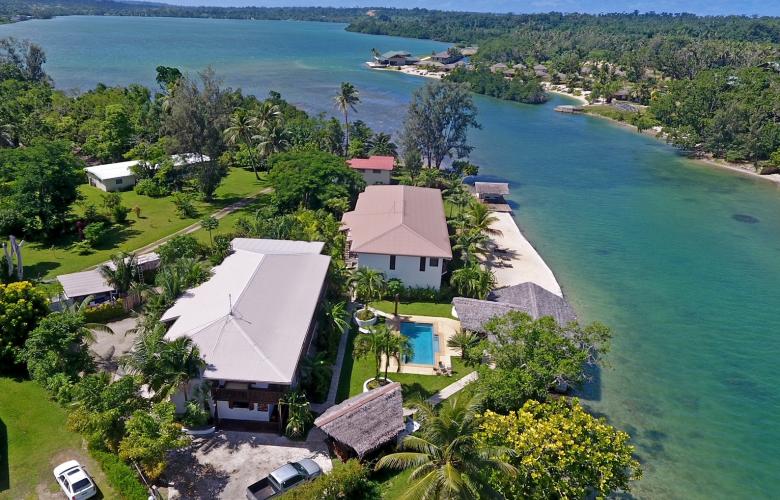ResortBrokers expands into Vanuatu
Contact
ResortBrokers expands into Vanuatu
Nationwide accommodation property agency ResortBrokers has expanded its footprint outside Australian shores for the first time with a broker in Vanuatu.
Nationwide accommodation property agency ResortBrokers has expanded its footprint outside Australian shores for the first time with a broker in Vanuatu.
The expansion will give the 38-year-old agency an international presence beyond its network of over 30 brokers in every Australian state and territory.
In the past 12 months, ResortBrokers has listed several premium properties on Vanuatu’s main island Efate, including Coco Beach Resort at Paradise Cove in the southwest, Eton Reef Private Resort in the southeast, and Ocean View Holiday Apartments and Tropicana Resort, both near the capital Port Vila.
The nationwide brokerage, started by accommodation property industry veteran Ian Crooks in 1985, has been led by his daughter, Managing Director Trudy Crooks, since 2019.
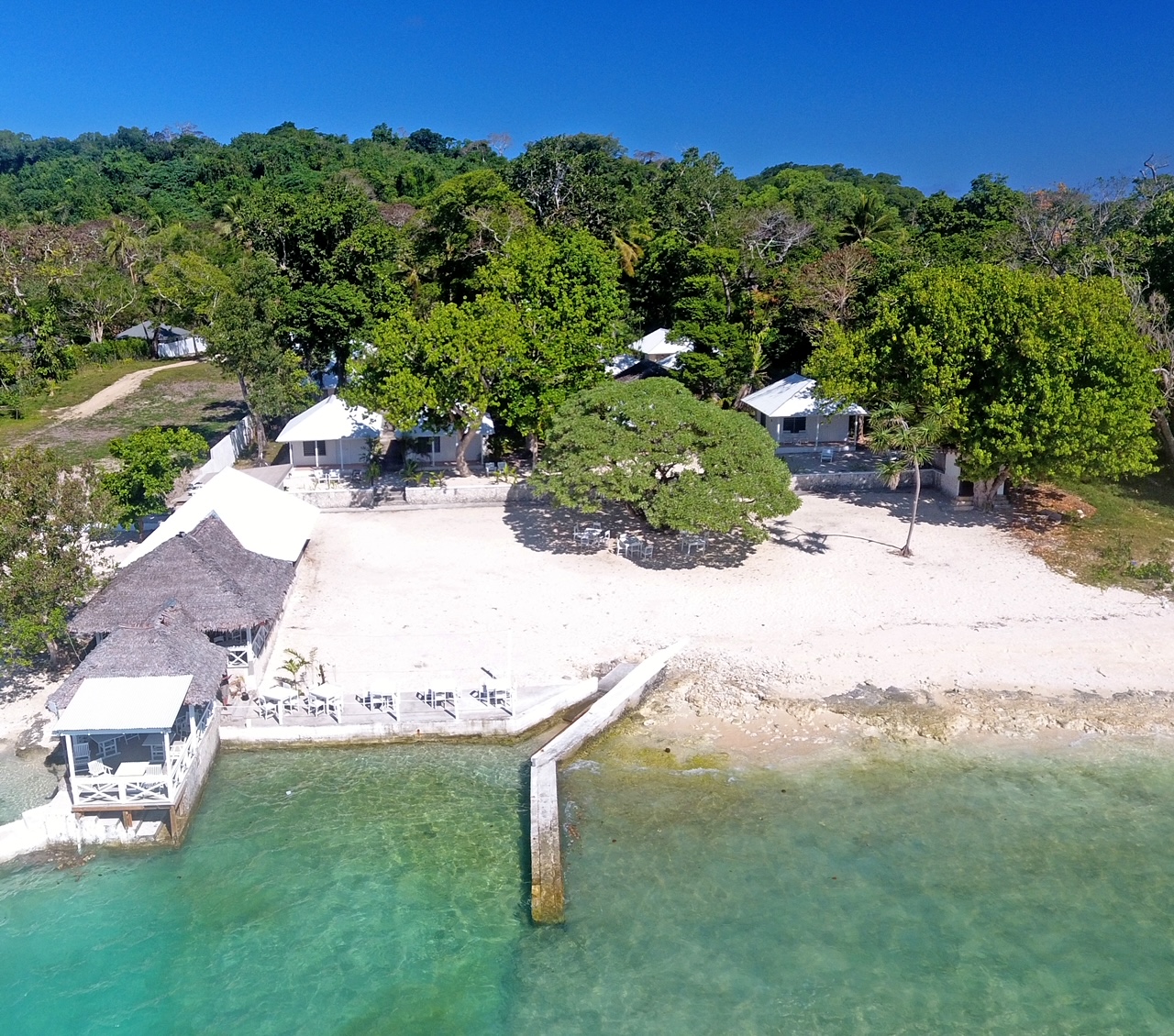
“Our international expansion is the next step in ResortBrokers’ evolution,” says Ms Crooks. “We’ve grown from a statewide agency into a nationwide agency and now we’re international. We’ve built our reputation over almost four decades as an accommodation property specialist that delivers results. As such, we’re constantly approached to sell accommodation properties both here and in the region. We already have several listings in Vanuatu, so establishing a formal presence there makes perfect sense.”
Spearheading ResortBrokers Vanuatu is veteran New Zealand real estate agent Neil Hamilton. Hamilton, a former Chairman of First National New Zealand, has lived in Vanuatu since 2011.
“Other than its stunning beauty, Vanuatu is hugely attractive for investors because it’s a tax haven,” says Hamilton. “There’s no personal income tax, no company tax, no capital gains tax and no inheritance tax. The government gets its income mainly from the registration of international companies. Every year, those companies have to re-register, as ResortBrokers Vanuatu will now do.”
Vanuatu’s land ownership system stems from when the country gained its independence from its British and French colonial administrators. When the then New Hebrides became the Republic of Vanuatu in 1980, all land ownership reverted to one of three forms of ownership: government, municipal and custom. Vanuatu’s laws allow custom-owned land, which is the majority of land in Vanuatu, to be leased by foreign nationals from custom owners for a maximum of 75 years.
“It’s technically leasehold, but virtually freehold as no one ever lets these leases run out,” says Hamilton. “Let’s say I’m selling a resort that has 20 years left on its lease. I would recommend the buyer put a condition in the sales contract requiring the vendor to either do a variation of the existing lease to push it out to 75 years, that is, to add another 55 years, or they could cancel the existing lease and create a new 75-year lease. The result is the same. That way the buyer has the security of long tenure. Vanuatu’s legal system is mostly based on British law and is very sound. Contracts are rarely dishonoured here, so there’s negligible risk.”
